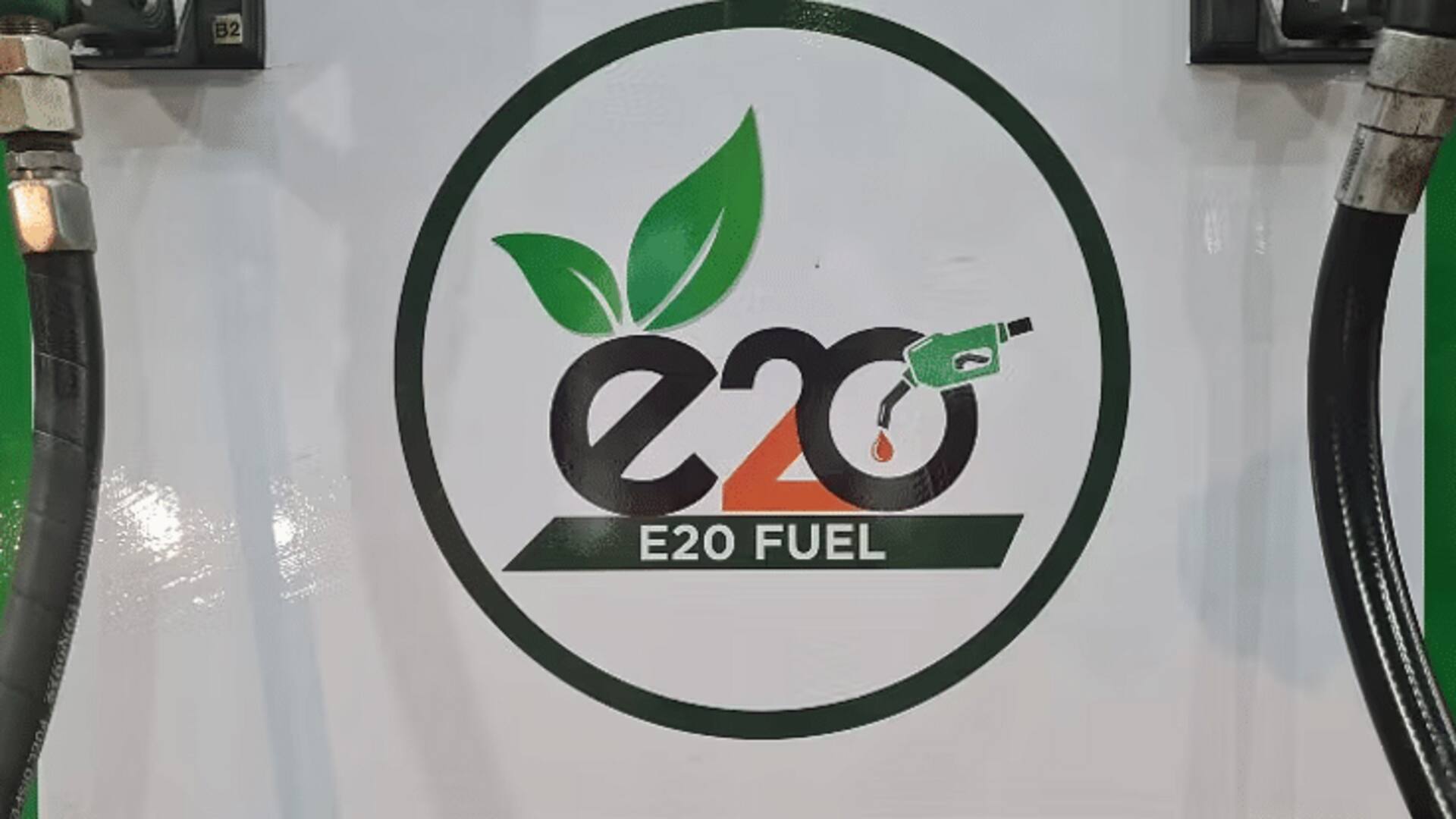
Insurers may reject claims for engine damage by E20 fuel
What's the story
India's ambitious ethanol blending program, aimed at reducing crude oil imports and emissions, is facing hurdles from the insurance sector. Some insurers have warned that they may deny claims if a vehicle's engine is damaged due to using E20 petrol in models not designed for it. The move has raised questions about the compatibility of this environmentally-friendly fuel with existing vehicles.
Insurance implications
ACKO's warning on E20 usage
On August 8, 2025, ACKO, a motor insurer, warned that using the wrong fuel could void insurance claims. The company said that if an engine fails due to incorrect fuel usage, the claim would not be admissible as per their policy terms. This comes amid concerns from automakers and consumers about E20's compatibility with vehicles not designed for higher ethanol content.
Fuel details
Government's push and its implications
E20, a blend of 80% petrol and 20% ethanol, has been gradually introduced at select petrol pumps across the country over the past year. The government plans to make it available nationwide by 2025-26, ahead of its earlier target of 2030. Union Minister Nitin Gadkari recently defended the policy, claiming no car has faced issues due to ethanol-blended petrol. However, many automakers and vehicle owners have raised concerns about potential risks associated with this fuel blend.
Performance concerns
Potential risks of using E20 in non-compliant vehicles
A senior general insurance executive revealed that ethanol burns cleaner than petrol but produces less energy, which could affect fuel efficiency. A LocalCircles survey found that petrol vehicles running on E20 experienced mileage drops of over 10%. Prolonged use of this fuel in non-compliant vehicles could also cause mechanical damage. Ethanol's moisture absorption can lead to "phase separation" in fuel tanks, potentially corroding metal components and causing rust.
Material impact
Which vehicles can use E20?
Rubber parts such as fuel lines, seals, and gaskets are especially vulnerable to ethanol. It can soften, swell, make them brittle, or crack. E10-compliant vehicles include most cars sold in India before 2023. These models' fuel systems, gaskets/seals/engine calibration are tuned for lower ethanol content. On the other hand, newer models like the 2024 Honda City or 2023 Toyota Hyryder are designed to handle petrol with up to 20% ethanol.